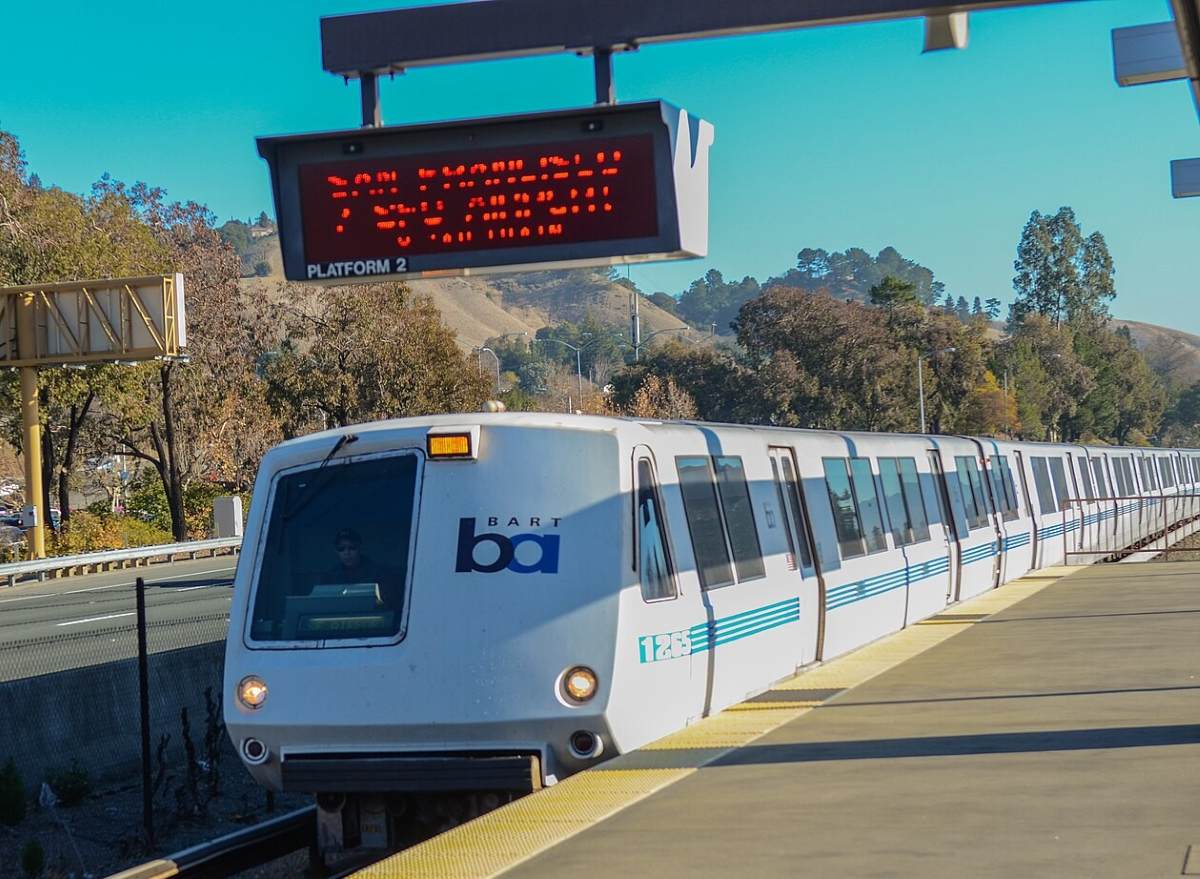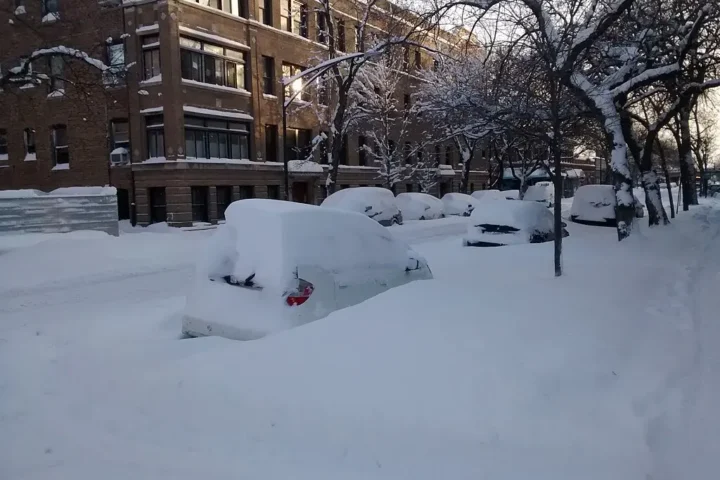A computer equipment problem following overnight network upgrades triggered a system-wide BART shutdown across the Bay Area on Friday morning, stranding an estimated 180,000 weekday commuters (BART’s average weekday ridership) and causing significant transit disruptions throughout the region.
The transit agency began restoring limited service to East Bay stations at approximately 9:30 a.m., but the Transbay Tube and all San Francisco and Peninsula stations remain closed with no estimated time for full service restoration.
“A computer equipment problem following network upgrade work is preventing the start of service this morning,” BART officials stated in an early morning alert. The agency directed riders to “seek alternative means of transportation” and pointed to their website for transit alternatives.
Similar Posts
The issue involves a network connectivity problem that prevented the Operations Control Center from seeing track circuits and train positions, making safe operations impossible and necessitating the complete system shutdown.
BART said the failure stemmed from networking equipment (not a cyberattack) that interrupted Operations Control visibility; officials said it’s not yet clear whether this is directly related to a separate May 2025 network-related outage.
The outage comes amid BART’s long-running train control modernization; it’s the second major systemwide disruption in recent months, though officials have not said the modernization program definitively caused today’s failure.
As of late morning, BART announced the partial restoration of service on three lines in the East Bay:
- Yellow Line service resumed from Antioch to 12th Street in Oakland
- Blue Line service returned from Dublin to MacArthur
- Orange Line service was partially restored from Berryessa to Richmond
However, West Oakland station remains closed, and there is currently no service through the Transbay Tube or at any San Francisco or Peninsula stations.
The shutdown triggered an immediate ripple effect across Bay Area transportation networks. San Francisco Bay Ferry reported substantial ridership increases (reports cited a roughly 60% morning rise systemwide in previous coverage of similar outages), and AC Transit directed riders to its ‘Bus Alternatives Between BART Stations’ page and warned of likely delays on transbay routes.
Regional transit agencies mobilized to assist stranded commuters. SFMTA announced that “mutual aid is being provided between Embarcadero and Balboa Park via Muni Metro service.” AC Transit directed passengers to their “Bus Alternatives Between BART Stations” resources for information on connecting lines and Transbay service into San Francisco.
The timing of the failure during Friday morning rush hour maximized its impact, causing severe congestion on Bay Area bridges and highways. Air travelers faced particularly difficult challenges reaching San Francisco International Airport, with alternative routes experiencing significant delays.
BART has faced similar widespread outages in the past, including a network switch failure that halted trains for hours on a Saturday morning in 2019. The current disruption comes amid the agency’s multi-year effort to upgrade its train control system, a project aimed at increasing both capacity and reliability.
Officials recommend that commuters monitor bart.gov and official BART social media channels for the latest updates. The regional 511.org trip planner also offers alternatives for those seeking non-BART transportation options. Riders using alternative transit are advised to check Clipper/agency websites for transfer rules or service bulletins.
As engineers continue working to resolve the network issues, BART has not provided an estimated timeline for complete service restoration.



















